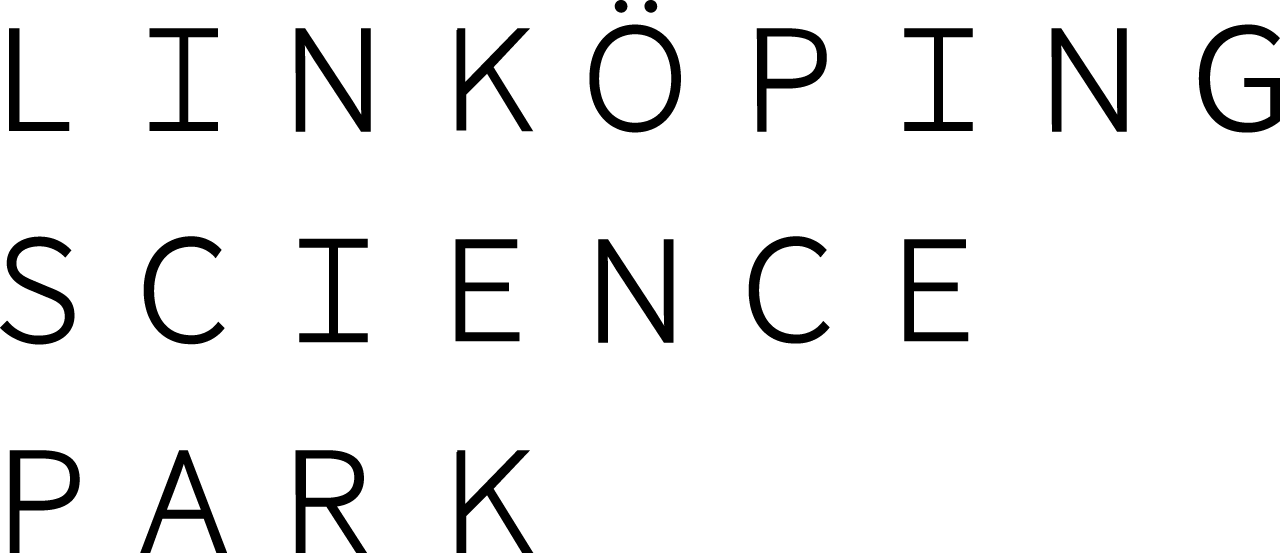In the first sections of the book we focused on how communities are built experiences and examples of this, and people’s driving forces. The individual and often isolated forces that crop up here and there.
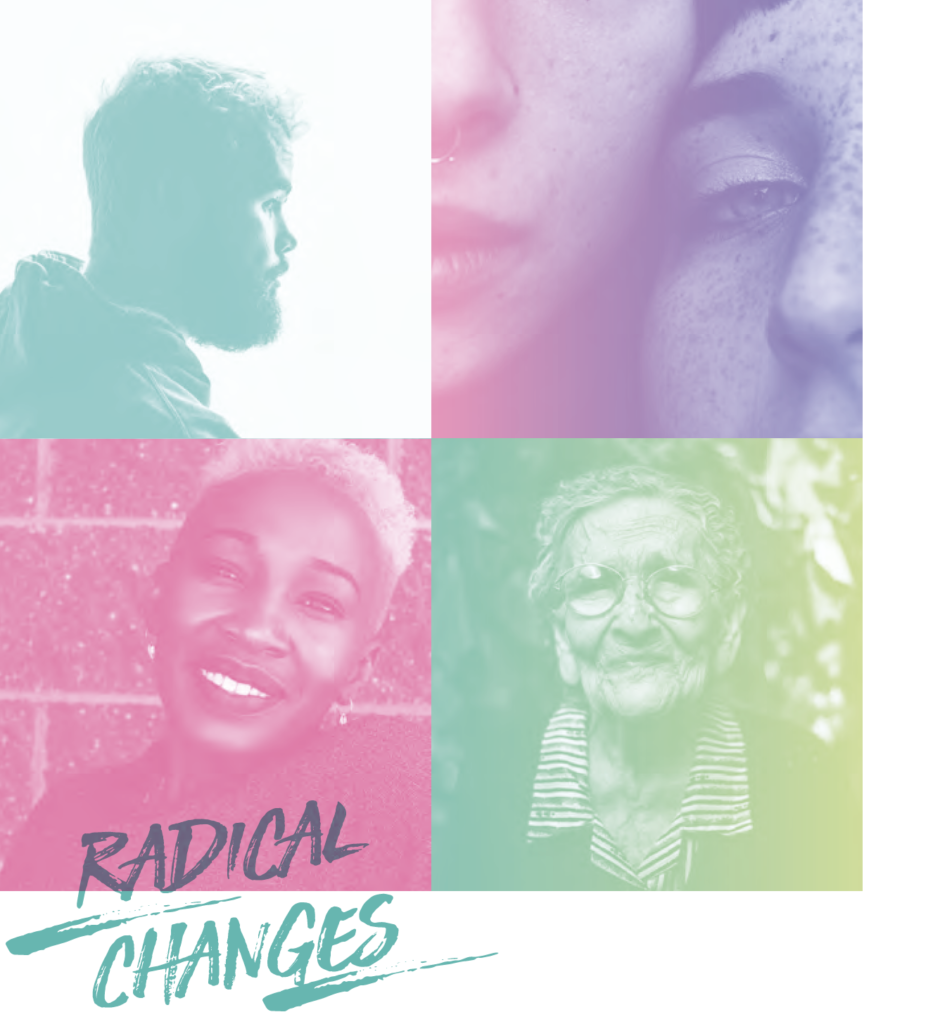
Now it’s time to return to the Fossil-Free Sweden initiative, or rather the wider perspective. Because whose role and responsibility is it, really, to build Sweden? The politicians’? The regions’? Or how about this: maybe you and I already have both the ability and the mandate to create the country in which we want to live, without asking those at the top?
As we’ve already shown, it’s impossible to pay people to develop a passion about something. But what we can do is prepare the soil from which this passion will grow naturally – and then not kill it. Going by this logic, shouldn’t it be possible to bolt different communities together to see what comes out? That was exactly what happened when Region Östergötland asked the local makerspace association if they wanted to help save lives. In their turn, the association asked other makerspace associations around the country and together they all helped to devise the solution.
This is also the philosophy used by companies like Volvo and AstraZeneca. To connect many small, specialized organisations, and from this build ecosystems in which everyone gains from the collaboration.
One to one, two to many and all to all. But it will require radical changes.
The key lies in the many and the small
So far the focus for setting up companies has been on major investments. This is because we haven’t borne in mind how small companies can cooperate with the large and bring important skills, regionally as well as nationally. Today, the key to Sweden’s competitiveness is increasingly to be found in the many small innovative growth enterprises, rather than the few, large and established companies.”
Marie Wall is head of startups at the Ministry of Enterprise and Innovation and serves as a link – and perhaps interpreter – between many young innovative enterprises and politics. With personal experience of the startup world, venture capital and innovation support at Vinnova (the Swedish governmental agency for innovation systems), she’s well acquainted with how the different worlds operate.
If the regions are to become competitive, they’ll need to cooperate, specialise and build a critical mass of companies in specific fields. This will put them on the map and enable them to attract more companies and skills. Strong attractive nodes are part of what she sees is needed for building a healthy and prosperous Sweden.
Marie Wall is energetic, talks as fast as she thinks, and says that she’s involved in numerous processes. For instance, she’s project manager for the Cooperative programme for skills supply and lifelong learning – a programme designed to inspire and enable people to re-learn and constantly grow to keep themselves attractive on an ever-changing market. Swedish companies must also have opportunities to grow and attract the right workforces to be competitive on a global market and to conduct world-leading research.
It’s obvious when talking to her that she believes the future to be everyone’s responsibility. When she takes up some concrete examples to make her point, she tends to use the word we – not they.
“One reason why we have a strong Volvo that continues to operate in Sweden is that we have many strong subcontractors. Subcontractors who are increasingly becoming partners in the development of the cars of the future. Volvo benefits from its proximity to these small companies’ specialist skills, and the small companies can develop and grow through their close ties with Volvo. It’s win-win. Now that we’re transitioning from petrol-driven to electric cars, however, to some extent new partners and subcontractors are needed. Will all these ‘new’ partners be started in Sweden? No. So the question is how we can attract the companies we need to guarantee a strong subcontractor-cluster. This is a critical question for the whole country, not just for Volvo.”

Ecosystems – collaborations in which everyone’s a winner
Wall seems to agree with what many community-builders feel: we need to change the way we think about how we can and should collaborate. Those who understand this will be the winners, whether it’s a matter of forming an association, a company, a city or region – or perhaps even an entire country.
“A community can gather the right people on the basis of a purpose and have them get to know each other in order to create stronger bonds. But if you don’t know the greater perspective and what you want to build, nothing will come of it.”
What she’s talking about is ecosystems, the things that emerge when companies or communities start to work together towards a shared goal.
“AstraZeneca is a good example of an ecosystem builder. They’ve been proactive in encouraging the development of a surrounding ecosystem that helps to augment their own innovativeness and skills. The proximity not only benefits AstraZeneca, it also contributes to the more efficient and rapid growth of the small enterprises.”
AstraZeneca confirms the picture. In newspaper inter-views, company spokespeople say that the ecosystems aren’t only there to strengthen their own competitiveness but also that of the town they work in and the entire Swedish life-sciences industry. They can clearly see how it pays off to be open and to share knowledge and experiences with each other.
Since there is no template for how a large company like AstraZeneca is to collaborate with smaller companies in a way that makes everyone feel like winners, everything is based on trust.
Maybe the high degree of trust that Swedes have for both the state and the individual places the country in something of a unique position. It’s a success factor that other countries can find difficult – if not impossible – to emulate.
The BioVentureHub collaboration that currently has some three dozen members is even presented as “a community of trust” and with such phrases as “no strings attached”. The giant has no plans to suck smaller companies dry of their knowledge and skills only to buy them up and shut them down. The whole point of the collaboration is the direct opposite. Everyone wants to co-exist side-by-side and collaborate in order to derive much greater benefit than any of them would have been able to achieve alone.
A person with another person. A community with another community. An ecosystem with another ecosystem. The automatic cross-fertilisation that occurs when we meet and work across boundaries.
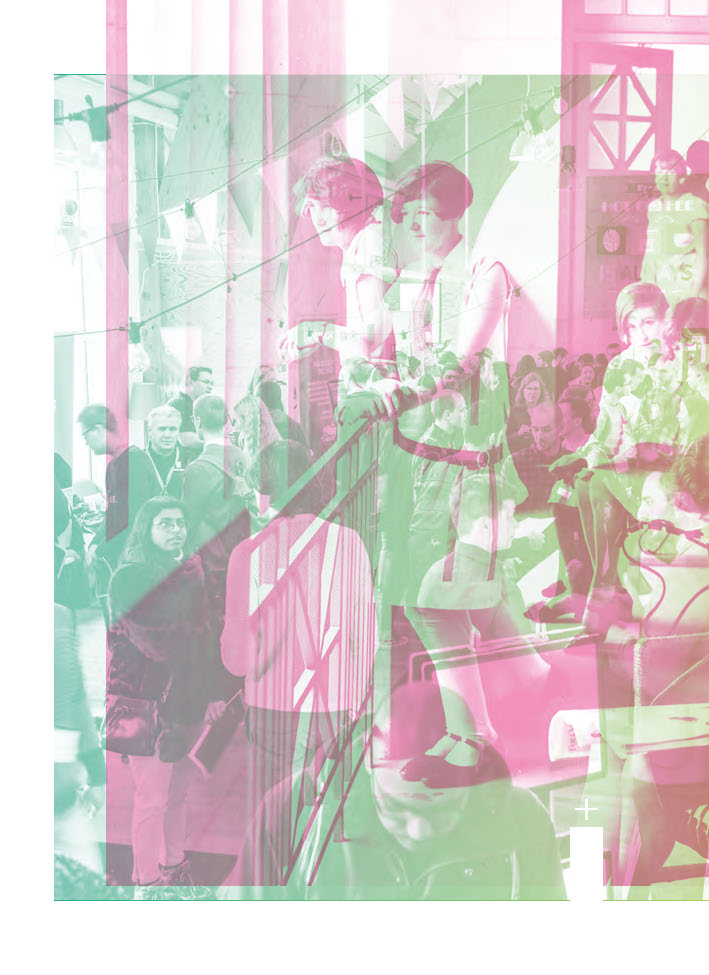
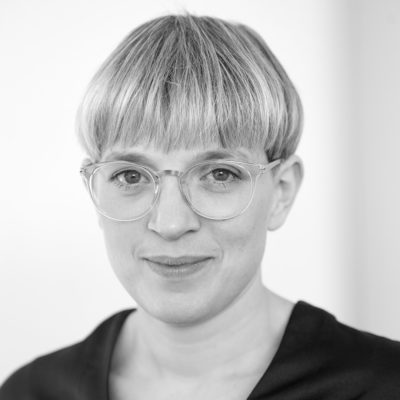
Anna Broeders
Community & Employer Branding Manager
anna.broeders@linkopingsciencepark.se
+46(0)725-74 37 00
